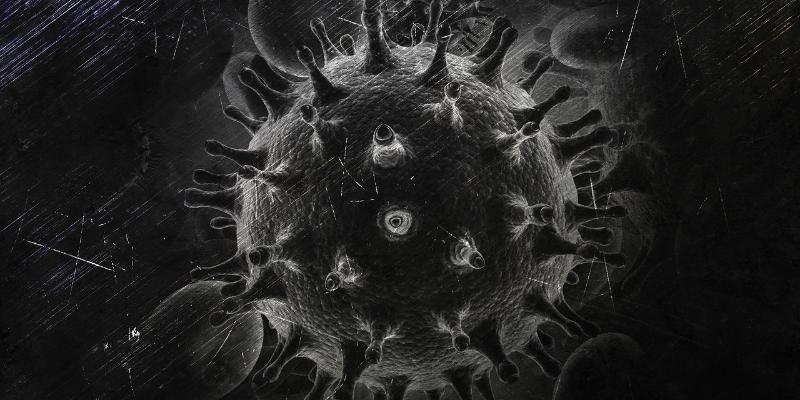The total number of HIV infections diagnosed in Poland has exceeded 17 thousand. However, the actual number is estimated to be twice as high. Specialists are warning that around 50-70 percent of HIV carriers are unaware of this fact, giving rise to 75 percent of new infections.
HIV causes progressive failure of the immune system, making the body defenceless and non-resistant to bacteria that are harmless to non-infected people. These allow life-threatening opportunistic infections which, when diagnosed in an infected person, indicate AIDS.
No risk groups, but risky behaviour
We are inclined to believe that HIV poses threat to certain social groups. However, specialists are warning that there are no risk groups, but only risky behaviour, such as casual or unprotected sex. HIV is an even-handed virus. This means that everyone, irrespective of his/her social status, appearance, sex and sexual orientation, should consider the risk of being HIV-infected through sexual conduct.
“The actual threat of HIV infection concerns all sexually active people with one exception – a relationship formed by two healthy partners who remain faithful to one another. Such relationships, however, seem rather exceptional," emphasises sexologist Wiesław Sokoluk, a consultant at the Consultation and Diagnostic Centre located at Chmielna 4 in Warsaw.
As pointed out by the National AIDS Centre, HIV is much more easily transmitted from males into females through sexual intercourse. There are many women in Poland who contracted the virus from their first and only partners who had not been aware of their own infection.
Do the test
HIV remains asymptomatic for a long time (i.e. for an average of 10 years). After two weeks of contracting the virus, some people may experience the symptoms of primary infection, but these are very unspecific and difficult to identify even for a specialist.
This is why the HIV test is worth doing. It can be done free-of-charge and, what matters to most people, anonymously in one of the 32 Consultation and Diagnostic Centres operating countrywide. Details can be found at www.aids.gov.pl. Everyone undergoing the test may talk to a consultant, both before the test and on collecting the result.
It should be borne in mind that, when diagnosed early enough and properly treated with antiretroviral drugs, an infected person can lead a satisfactory life, not much different from the one he/she had before infection. When diagnosed, the risk of HIV transmission to other people gets considerably lower. The antiretroviral treatment in Poland is free.
Ideally, the test should be done three months after the potential infection. These three months are referred to as the window period which is necessary for the infected body to produce the relevant antibodies in a detectable quantity.
The HIV test vs. pregnancy
Each expecting mother should do the HIV test. The risk of transmitting undiagnosed HIV infection to the baby reaches 40 percent. However, when properly diagnosed and provided with specialist care, the infected woman faces a nearly 100 percent chance of delivering a non-infected offspring.
As stressed by the National AIDS Centre, an infected woman, being aware of her infection and undertaking a prompt treatment, may not only be able to raise her child, but also live long enough to see her grandchildren.









Comments (0)